Good People for the Resistance is a monthly interview with people who give me hope. This week, meet Harvard Medical School student and Soros Fellow for New Americans, Natalie Guo. While eating breakfast the morning of March 15, Natalie had an idea: A way to restore restaurant jobs to the most vulnerable workers, and at the same time provide nutritious meals to hospital workers at the frontlines of the COVID-19 pandemic. By dinnertime that same day, Natalie had arranged for two of Boston’s most renowned chefs – Tracy Chang and Ken Oringer — to deliver meals to emergency room and ICU staff at Boston’s Brigham and Women’s Hospital.
Three weeks later, Natalie’s new organization, Off Their Plate, has served over 6,000 meals to COVID frontline workers across Boston, New York, San Francisco, L.A. and Pittsburgh, and has provided $30,000+ in wages to restaurant workers she has kept in a job.
Natalie’s goal is to stay ahead of the predicted “peaks” in each city, a Herculean, and at times a heartbreakingly impossible task. Each of us can help. I urge you to contribute what you can.
NOTE: I typically report Good People for the Resistance in an interview format. However, because of the immediacy. and intensity of Natalie’s work right now, I decided not to ask her to spend an hour on the phone for an interview. Rather, I pieced together a Q&A using notes from a Zoom conversation that a small group of us had with Natalie last weekend, in which she briefed us on her work and funding needs, documents Natalie and her team have created outlining their business plan, and an interview Natalie did with the Soros Foundation last Spring.
Q: What prompted the idea for Off Their Plate?
A: Natalie currently is in medical school, doing a surgery rotation at Massachusetts General Hospital. As COVID hit Boston, she and her classmates were told to go home, and not come back. This meant that the residents were getting sick. While at home, she read headlines reporting that restaurants were laying off staff, many whom had no safety net. She had a lot of business contacts from her pre-medical school days when she worked in the private sector, who wanted to help, but didn’t know what to do. The idea was born.
Q: Who’s working on this?
A: Natalie is working with a team of 50-60 people, all volunteers. Everyone on the team is donating their services, it’s 100% pro bono. There are tech and finance people, lawyers, web designers, doctors, engineers, sanitation and operations experts, “everything I need,” she told us. This means they don’t take any money for administration; 100% of the money raised goes directly into communities.
Q: How much does this cost? What are the projections?
A: Each meal served costs about $10; every $100,000 raised serves 10,000 healthcare workers a nutritious, safe meal. At the same time, it supports over $50,000 in wages for otherwise unemployed workers – many of whom cannot depend on unemployment benefits.
To sustain a city’s frontline COVID workers for 8 weeks requires $1-2 million.
Q: Which hospital workers is Off Their Plate feeding? Who’s considered “frontline”?
A: Emergency room, ICU, and COVID floor staff. The people who check you in, take your temperature, do triage, and treat you. Janitorial staff. Everyone on the frontline of this pandemic.
Q: How are these workers eating before Off Their Plate comes in to help?
A: Some hospital cafeterias have been open, but at this point many are closing. The restaurants around hospitals are closing. So there is really nowhere to buy food. Working 12-hour to 30-hours shifts means it’s difficult for staff to have time to buy groceries, prepare meals, and to bring food to work.
Also, some frontline staff are now staying in temporary housing — donated hotels or dorms — so that they don’t go home and infect their families. While the housing is donated, the meals typically are not. There is great need there.
Natalie started her work to demonstrate to COVID frontline workers that they were appreciated. Very quickly she learned that the gesture was doing more than boost morale — there is an enormous food access problem that she and her team were helping to solve. Now, they are even delivering groceries to some sites.
Q: What’s been the response of the restaurant industry?
A: Overwhelmingly positive. Restaurants are thinking about their most vulnerable staff. Off Their Plate is putting money directly into their pockets. Natalie can’t onboard all of the restaurants that want to participate, because of funding and issues of sanitation. Every restaurant partner must adopt a COVID-informed Standard Operating Procedure for worker and hospital staff safety. There’s a rigorous protocol for sanitation.
Natalie’s restaurant partners are celebrity chefs like Boston’s Ken Oringer, Jody Adams, Joanne Chang and Tracy Chang, and San Francisco’s Dominque Crenn and Kenji Lopez-Alt. There are also other socially-minded restauranteurs participating. Companies like General Mills are pitching in and donating food.
Q: What are your plans for the coming weeks?
A: Over the last three weeks we expanded from Boston into San Francisco, L.A., Pittsburgh and NYC. We’ll be in Seattle, Chicago, D.C. and Philadelphia this week. To serve workers in all of these cities for 8 weeks will require $11.5 million.
Q: What in Natalie’s life prepared her to take on such an important, gargantuan task?
A: Natalie’s interest in health began as an undergraduate at Princeton, where she studied molecule science and human biology. She founded GlobeMed while still an undergraduate, a student-led social justice organization working to raise awareness about health inequality. After Princeton, Natalie worked as a healthcare investor with TPG Capital in San Francisco, and a healthcare analyst for Goldman Sachs in NYC. She volunteered in a pediatric emergency room. Before starting Harvard Medical School, Natalie earned an MBA from Harvard Business School.
Natalie credits her scientist parents, both immigrants from revolution-torn China, for giving her the motivation to use her gifts to serve others. Her father taught her the importance of dreaming boundlessly while remaining rooted in gratitude and humility. Her mother taught her “to trust in both statistics and story;” that without the telling of human experience, numbers and charts mean little.
Q: What can we do to help?
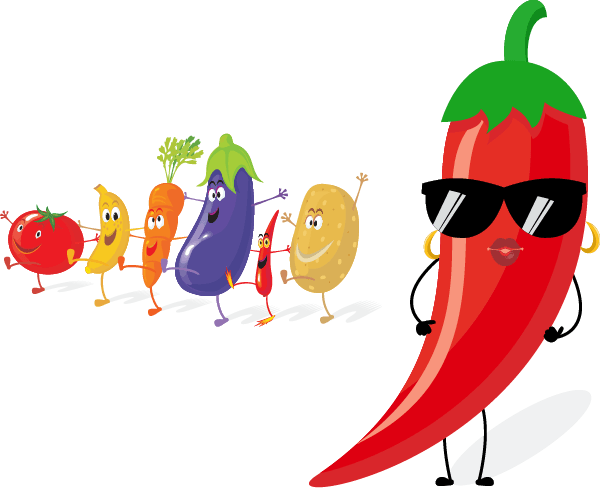

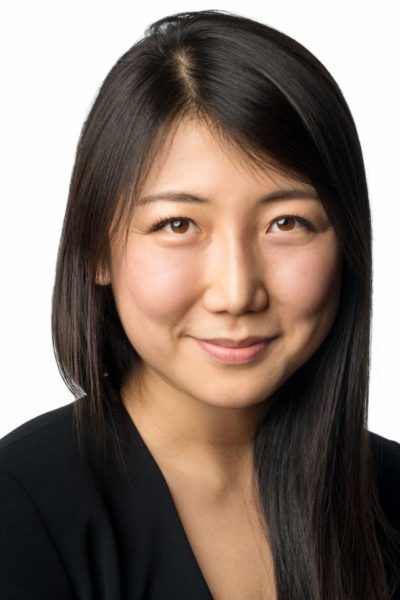
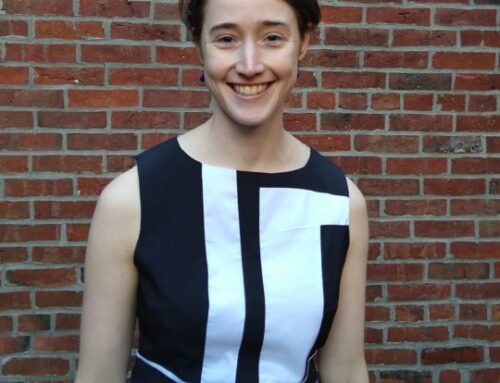
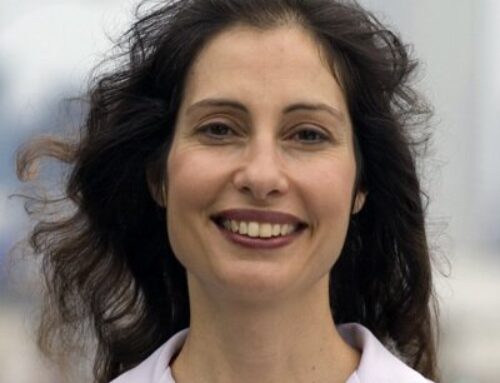

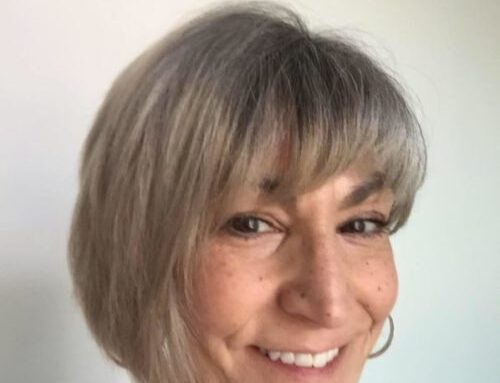
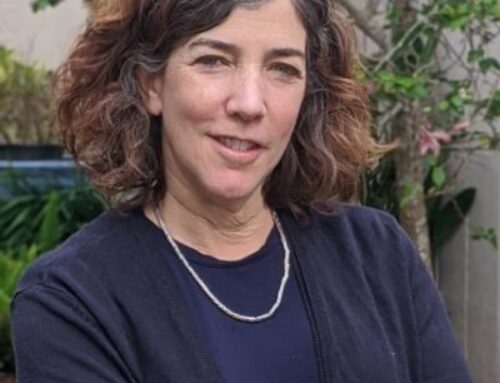
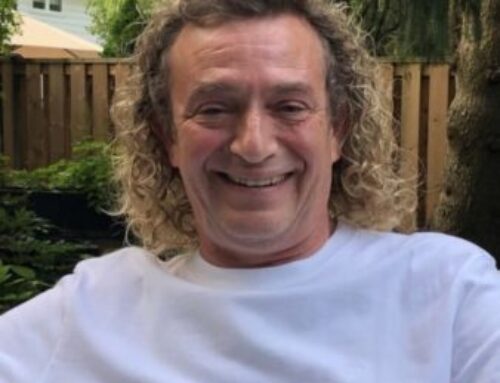

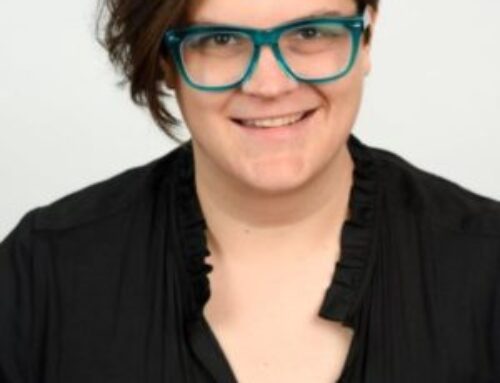
Leave A Comment